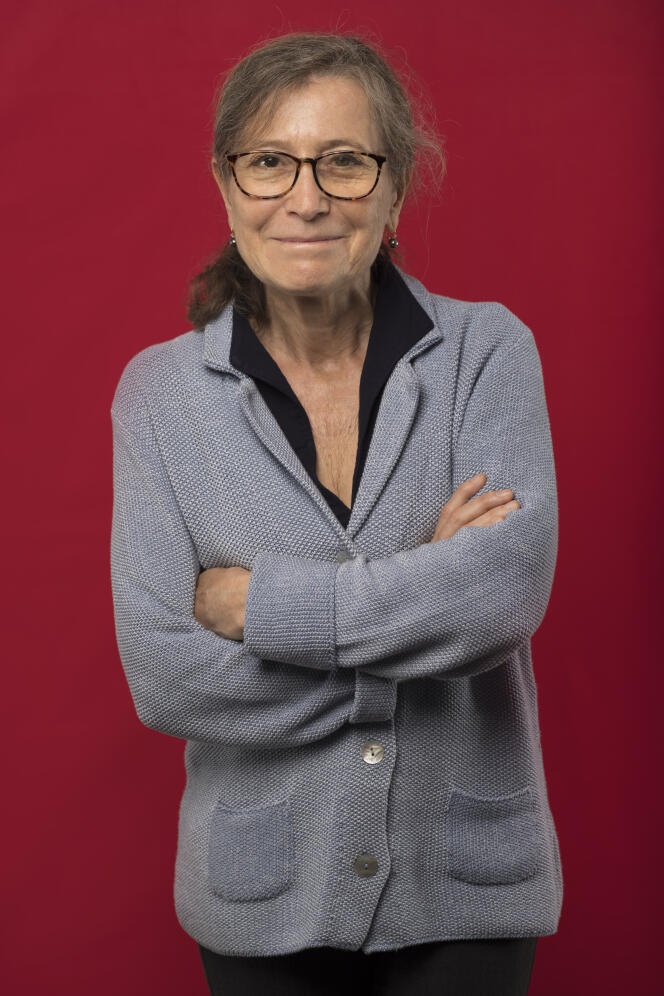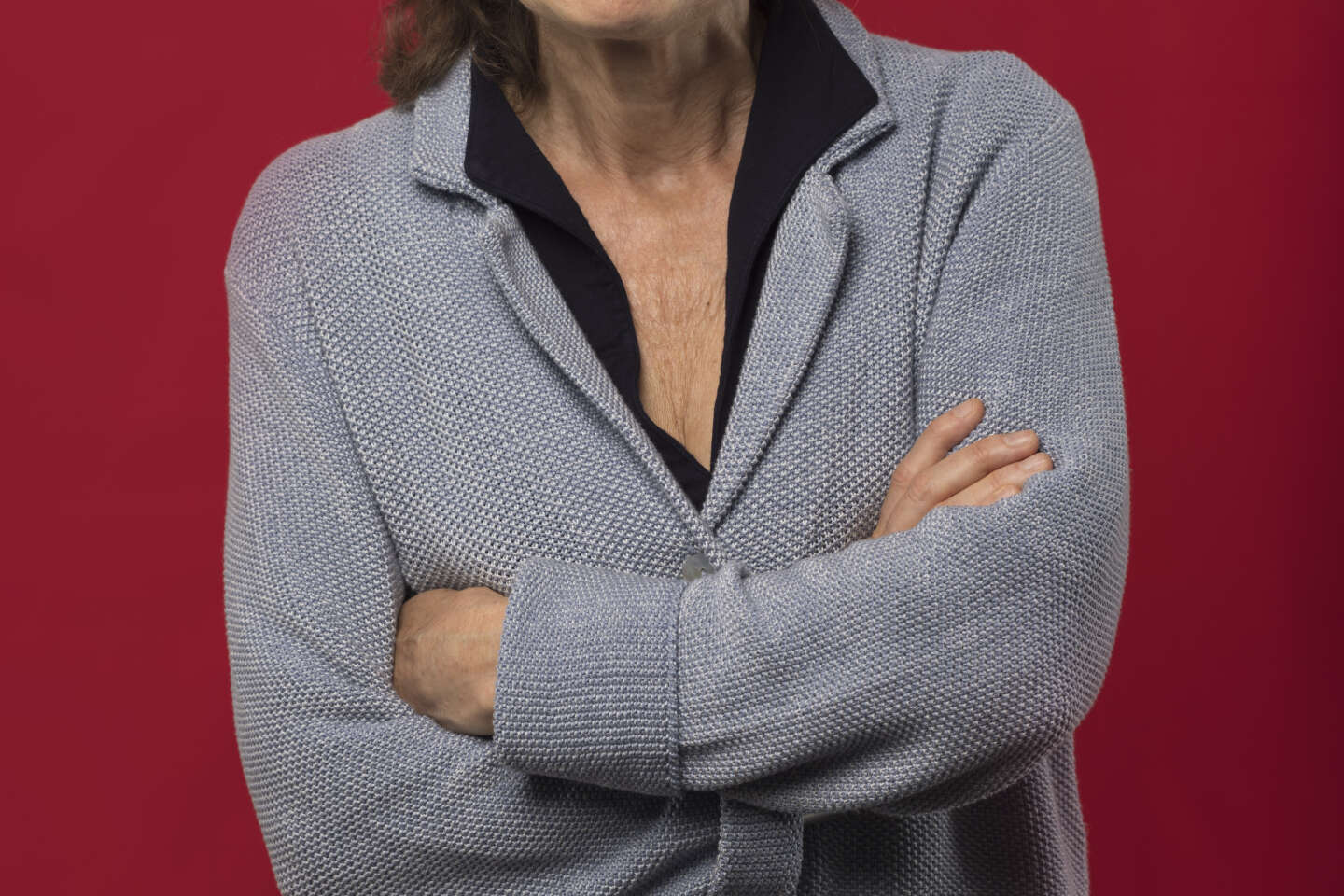When Nadine Cerf-Bensussan started to become interested in the intestines in the 1980s, the subject hardly fascinated the research world; the microbiota was not yet fashionable. The doctor and researcher is already convinced of the crucial role of this organ, of the intestinal microbiota and its countless microorganisms, mainly bacteria. “With an estimated surface area of between 35 and 70 square meters, the intestine is our main interface with the external environment”she remembers.

At the end of 2023, Nadine Cerf-Bensussan received the Inserm main prize. ‘I didn’t expect that at allshe confides, When Didier Samuel – the president of Inserm – called me, I thought he would ask me to transfer it”…She saw him as “a reward for his research area and his team. It’s a bit as if the intestines paid the price.”she says, smiling. “I had already received the Inserm research prize in 2014, I thought it was enough…”she adds with great humility.
“Nadine was right from the start that the immune system plays an extremely important role in contact with the intestinal mucosa. Thanks to various developments, it makes a major contribution to this area”, describes the pediatrician and immunologist Alain Fischer, president of the Academy of Sciences, who was his boss. He greets “a great researcher, determined, determined, passionate and in love with her work”.
The feeling of collective
Inserm research director at the head of the intestinal immunity laboratory at the Imagine Institute in Paris, the 68-year-old scientist is still trying to unravel the mysteries of the intestinal immune system and intestinal pathologies, in particular celiac disease and autoimmune diseases linked to gluten ingestion. Since 2016, she has also led Inserm’s interdisciplinary microbiota program, which will be expanded through priority research programs and equipment – launched by the government as part of the France 2030 plan, and coordinated by Inrae and the ‘Inserm. “I don’t know anyone in the world who has such an overview of the intestines”, says Fabienne Charbit-Henrion, member of her team. However, Nadine Cerf-Bensussan has a strong feeling for the collective.
It was a coincidence that led her to turn to this field. She completed her first hospital internship in the immunology and hematology department under Claude Griscelli at the Necker Hospital in Paris, where she worked with young children affected by very serious immune diseases.
